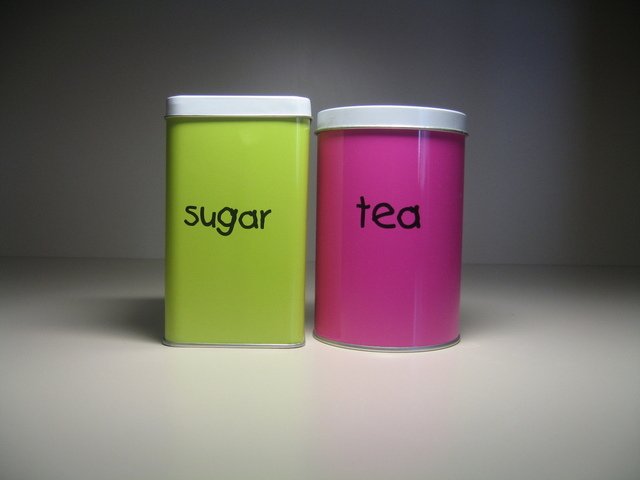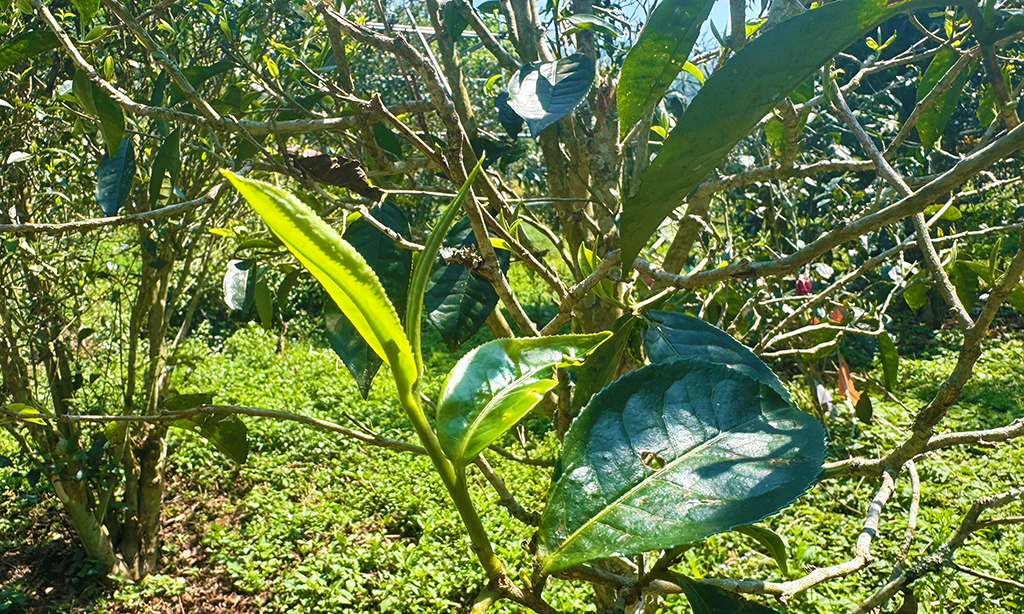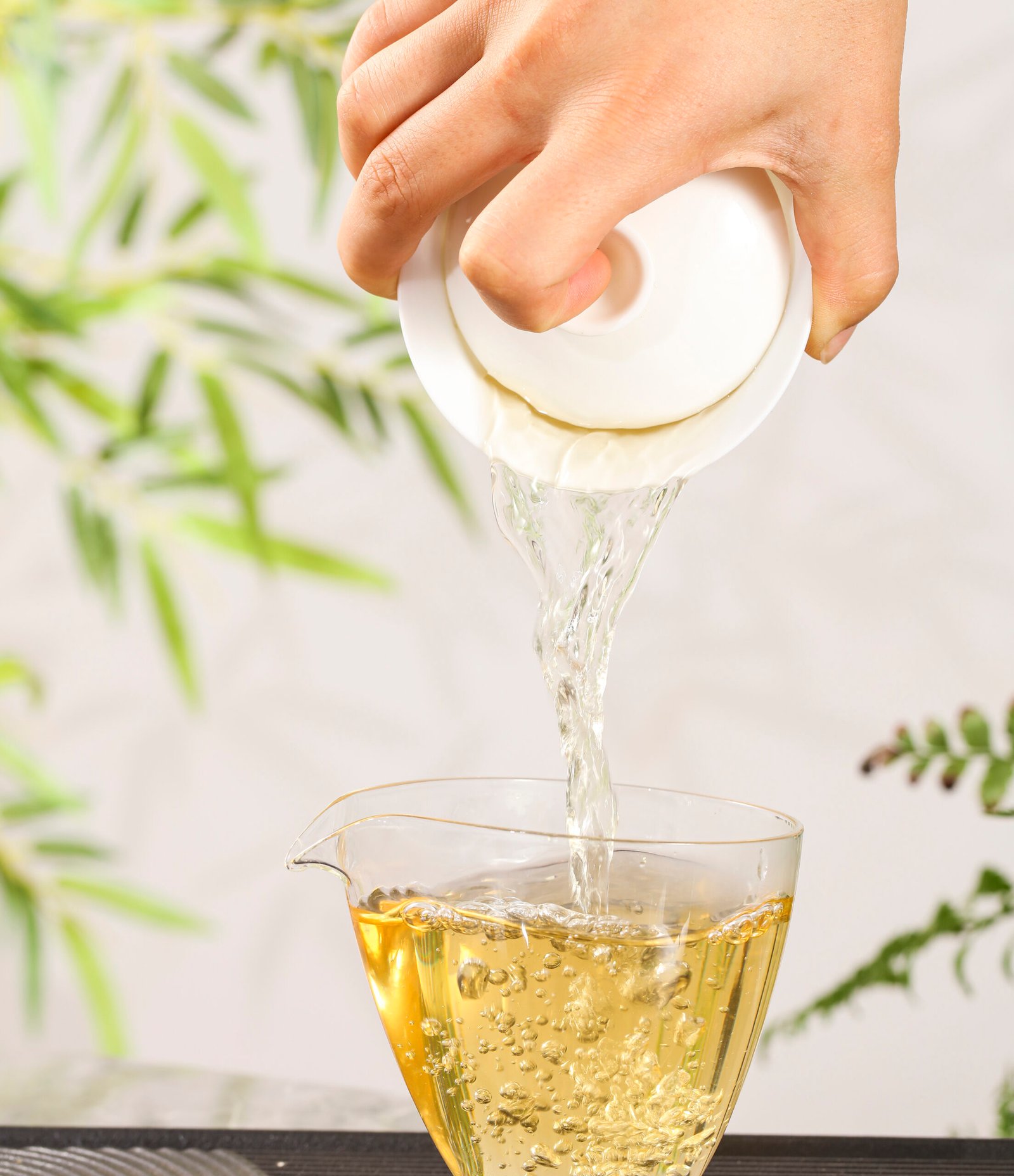It is often debated whether hot tea is better than cold tea. Around the world, preferences vary, traditional hot tea is an important part of Chinese culture and sweet iced tea is commonly consumed in the southern states of the U.S. It is possible that individuals are missing out on the benefits of a certain culture’s tea based off of their location in the world.


The history of tea dates back to 2737 BC when the Chinese Emperor Shen Nung noticed that leaves from a nearby tree had flown into his pot of boiling water. He was pleased by the scent produced by the mixture and decided to try the liquid. To his surprise, the tea had a lovely taste and brought his body a warm feeling. Knowing he had discovered something amazing, he decided to name the beverage “ch’a,” meaning to check or investigate. The evolution of tea did not end there. In 1904, at the World’s Fair in St. Louis, Missouri, an American merchant, named Richard Belchynden, discovered the wonders of iced tea. After struggling to sell any hot tea in his fair booth due to the hot summer heat, he added ice cubes to make the drink more refreshing. The result from customers was great, and iced tea began to rise in popularity.
Although hot tea came before iced tea in the course of history, does this mean that one is better than the other? Not necessarily. Both hot and cold teas contain innumerable benefits for the body, but depending on the extremity of the temperature and add-ins mixed into the tea, some elements of the tea will be more accessible than others.
Your temperature choice for tea affects antioxidant levels, body temperature, metabolism rates, and even the risk of cancer. Your choice of tea leaves also factors into temperature’s effects. Black tea leaves can be exposed to extremely hot water with little problem due to its level of processing. However, green tea leaves are extremely sensitive due to its minimal processing. Therefore, it is important to monitor how hot the water is that you are making tea with.
About 75% of tea consumed in the U.S. is iced tea. Some studies have shown that when steeping tea in cold water, it allows for more antioxidant activity; however, in order for this theory to be successful, the tea must be infused for a longer amount of time. Also, cold tea binds caffeine with antioxidants which makes each less effective. On the other hand, caffeine can place a strain on the kidneys and has been linked to kidney stones.
Sweet iced tea comes with a completely different set of results. In the southern states of the U.S., sweet iced tea has become a staple beverage served at fast food restaurants, high end restaurants, sold in convenience stores, and vending machines as an alternative to soda and is drunk all year long. With excessive amounts of sugar added, sweet tea is not as good for you as traditional tea for obvious reasons. Drinking too much of this tea could lead to negative side effects like headaches, increased anxiety, disrupted sleep patterns, and digestive issues. So, while this beverage is scrumptious to some, it also comes with consequences if consumption is not monitored.

Although debatable, hot tea can be considered better than iced tea in certain ways. While it might be true that iced tea increases antioxidant content, hot tea is more effective in reducing stress and anxiety due to its warm temperature. Also, the warm temperature assists in aiding digestion, sharpens your memory, and reduces the risk of stroke. In soothing a sore throat, hot tea is recommended as iced tea could actually cause an increase in irritation. Finally, hot tea is better for dental health over iced tea since it is drunk without a straw. This provides direct contact with the teeth.
The debate over whether iced or hot tea is better for you will likely continue for a long time as preferences vary around the world and tea is made for different uses. Knowing the different effects between the two, tea drinkers can maximize tea’s benefits according to what their body needs at the time.









